Our Vision
We envision a health system in which all people across the continuum of age and illness receive care that focuses on what matters most to them, enhances well-being, and fosters respect and belonging.
Our Mission
Our mission is to elevate patient voices by improving communication and care planning between clinical teams, patients, and caregivers. We accomplish this through team-based education, patient and caregiver engagement, clinical champion development, data-driven improvement, and access to tools and resources.
Our Specialties
The Continuum Project collaborates with the following MGH specialties:Cardiology
Emergency Medicine
Geriatrics
Medical ICU
Neurology
Oncology
Pediatric ICU
Pediatrics
Primary Care
Surgery
...and More
What We Do
How the Continuum Project is Transforming Serious Illness CareSerious Illness Care Program
Implements a systems-based approach to high-quality advance care planning that gives clinicians knowledge, skills and infrastructure.
Engagement
Engages patients, families, clinicians and staff in the process of preparing for serious illness decision-making and empowers them to have their needs met.
Education
Develops models of palliative care education that improve palliative care skills across all disciplines.
Who We Are
The Continuum Project is comprised of dozens of individuals that help to drive our mission to care for seriously ill patients. At the forefront of the project is our core team who work hand-in-hand with passionate scholars in each of our clinical areas across the hospital. We also have a wonderful support system of advisory boards who help guide the Continuum Project.
Core Team
Elizabeth Lindenberger, MD
Medical Director View Bio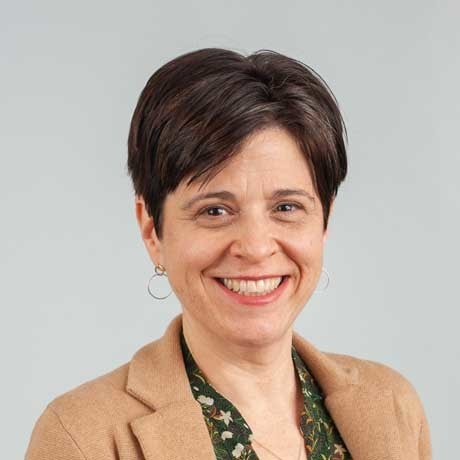
Elizabeth Lindenberger, MD
Medical DirectorDr. Lindenberger is a Geriatrician, Palliative Medicine Physician, and Director of the MGH Continuum Project. She serves as Core Faculty and Associate Director of Education in the MGH Division of Geriatrics and Palliative Medicine. Throughout her career, Dr. Lindenberger has worked to improve the care of older adults and those with serious illness through educational innovation, fellowship training, and program development. Dr. Lindenberger has led communication-training programs for clinicians from all disciplines, and she serves as Senior Faculty for the national Vitaltalk program. Additionally, Dr. Lindenberger has dedicated herself to promoting palliative care within the field of neurology, with special focus on the care of patients with ALS, dementia, and other neurodegenerative diseases, and their caregivers.
Jeff Greenwald, MD
Associate Director for Implementation View Bio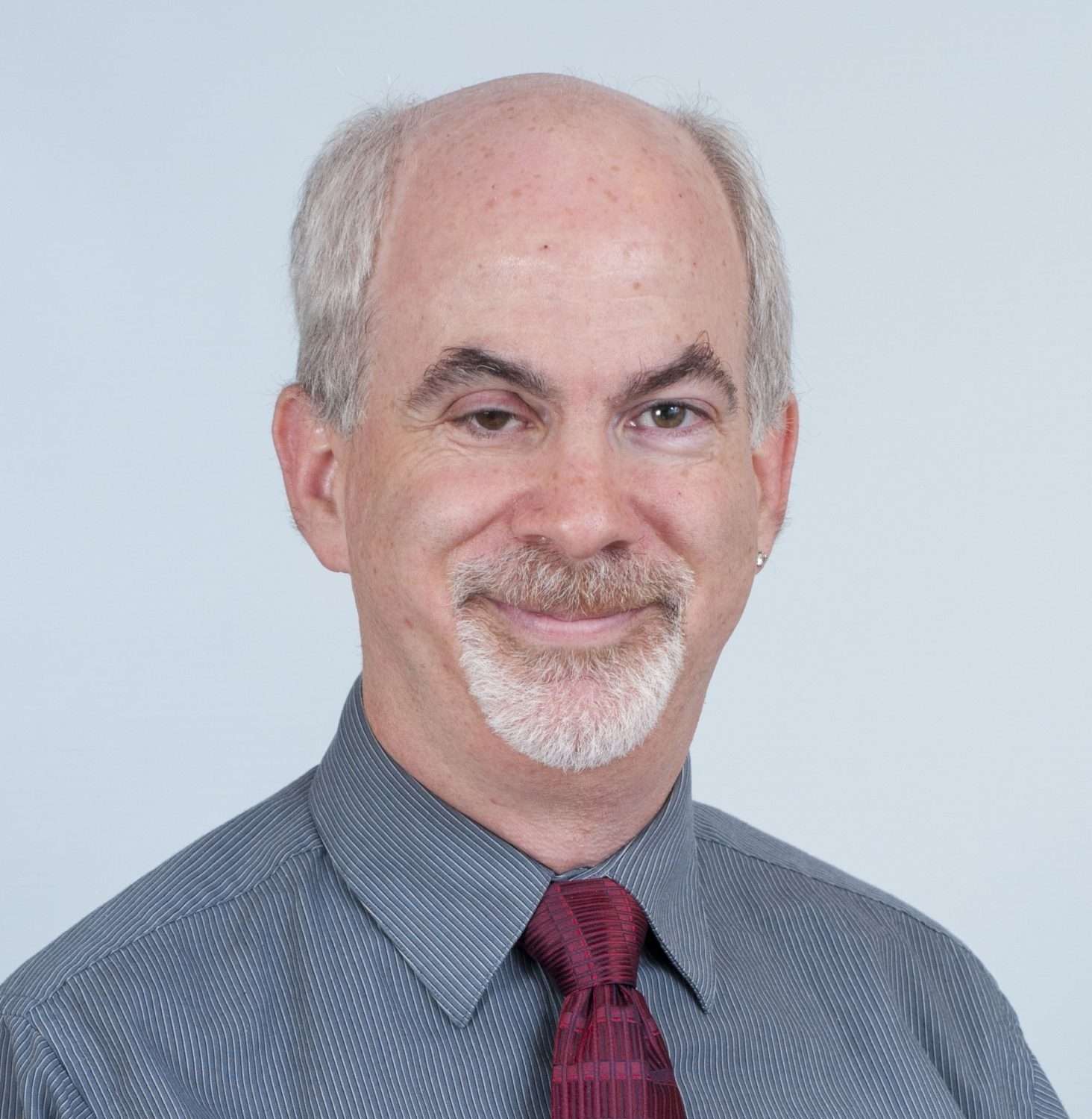
Jeff Greenwald, MD
Associate Director for ImplementationDr. Greenwald is a hospital medicine clinician and member of the Core Educator Faculty in the MGH Department of Medicine. He serves as Associate Director for Implementation within the Continuum Project. He works closely with the programs in Hospital Medicine, Neurology, Nephrology, and Pediatrics. Dr. Greenwald’s research examines triggers for palliative care involvement and how patients, families and clinicians are affected by systems that support serious illness conversations.
Joanna Paladino, MD
Associate Director for Research View Bio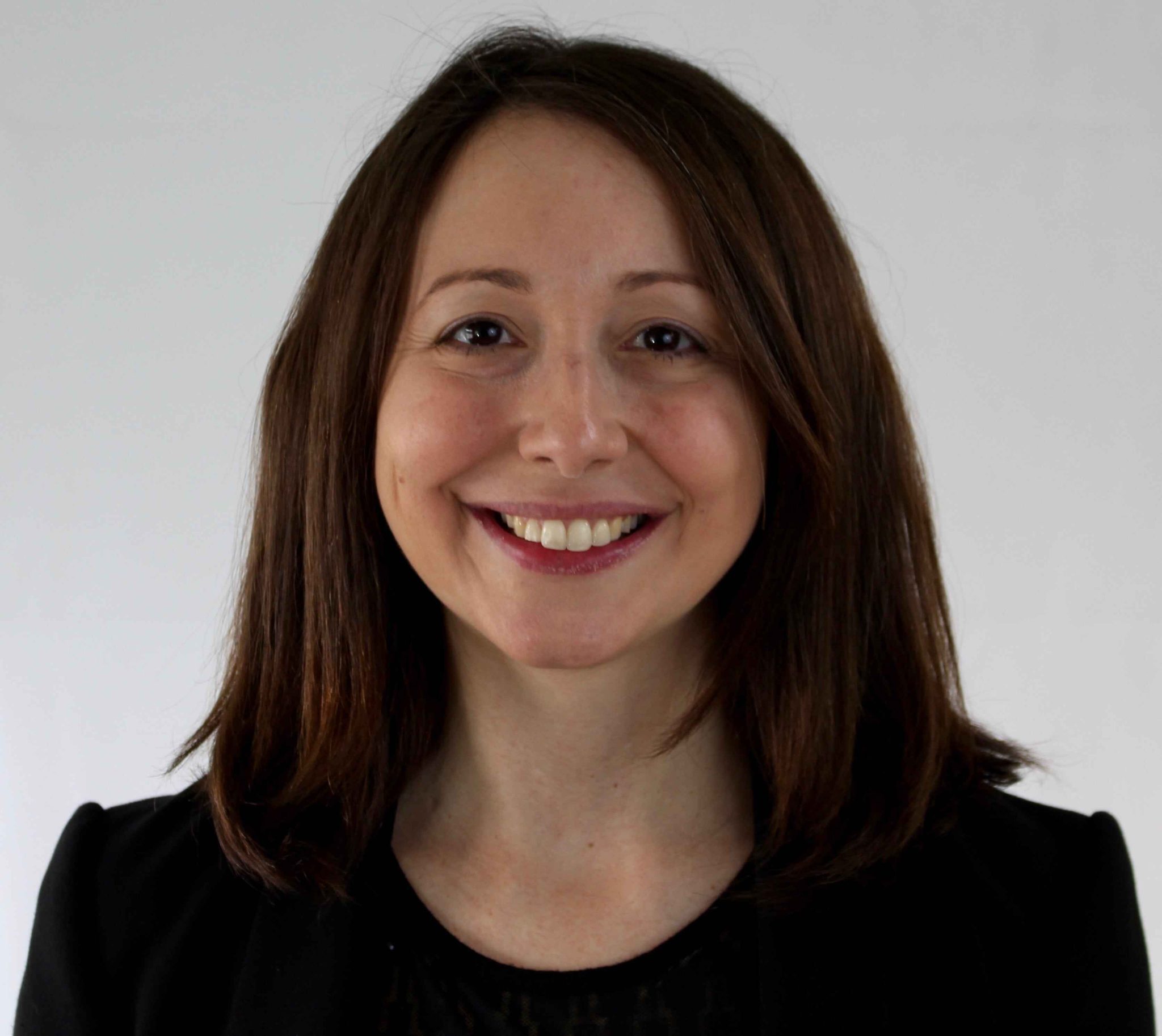
Joanna Paladino, MD
Associate Director for ResearchJoanna (Jo) Paladino, MD is a palliative care physician researcher at the Mongan Institute Center for Aging and Serious Illness and the Associate Director of Research for the Continuum Project at Massachusetts General Hospital. Dr. Paladino has focused her career on designing, studying, and spreading a system-level serious illness communication intervention (Serious Illness Care Program, SICP) that includes structured communication tools, clinician skills training, and systems-innovations, including EHR integration. She has partnered with health systems and national organizations to adapt, implement, and study serious illness communication and care delivery innovations across specialties, clinical settings, and diverse patient populations. Dr. Paladino supports the research and evaluation efforts for the Continuum Project and has experience with intervention design, clinical research, mixed-methods, program evaluation, and implementation science. She teaches courses at Harvard Medical School in communication skills, train-the-trainer, and implementation. Dr. Paladino lives with her husband and son in Boston, Massachusetts.
Alexis Drutchas, MD
Curriculum Design & Education Co-Lead View Bio
Alexis Drutchas, MD
Curriculum Design & Education Co-LeadDr. Alexis Drutchas is a palliative care physician at Massachusetts General Hospital and an Instructor of Medicine at Harvard Medical School. She completed her residency in Family Medicine at Brown University, and following residency was a primary care physician for four years at Fenway Health in Boston. She then went on to complete the Harvard Interdisciplinary Palliative Care Fellowship, and stayed on as part of the MGH inpatient palliative care team. Her work in the Continuum Project includes curriculum design and serious illness communication training for interdisciplinary clinicians and learners across MGH.
Susan Edgman-Levitan, PA
Engagement Lead View Bio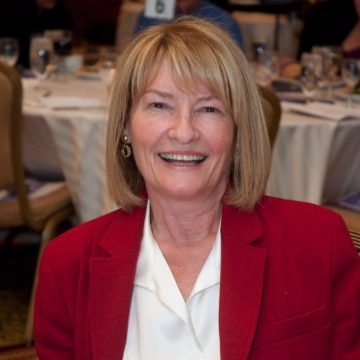
Susan Edgman-Levitan, PA
Engagement LeadSusan Edgman-Levitan is the Director of the Stoeckle Center for Primary Care at MGH and a national expert on patient engagement with more than 25 years of patient engagement experience.
Tamra Keeney, DPT, PhD
Rehabilitation Lead View Bio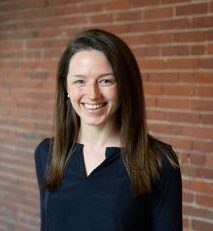
Tamra Keeney, DPT, PhD
Rehabilitation LeadDr. Tamra Keeney is a clinician scientist and physical therapist in the Division of Palliative Care & Geriatric Medicine and Mongan Institute Center for Aging and Serious Illness. Dr. Keeney completed her Doctor in Physical Therapy (DPT) in 2011 at Saint Louis University, a PhD in Rehabilitation Science from the MGH Institute of Health Professions in 2018, and an AHRQ T32 Postdoctoral Research Fellowship at the Center for Gerontology and Health Care Research at Brown University. Her work in the Continuum Projects includes program evaluation and increasing engagement of rehabilitation clinicians in serious illness communication training across MGH.
Angela Miller, MA
Program Evaluation Analytical Lead View Bio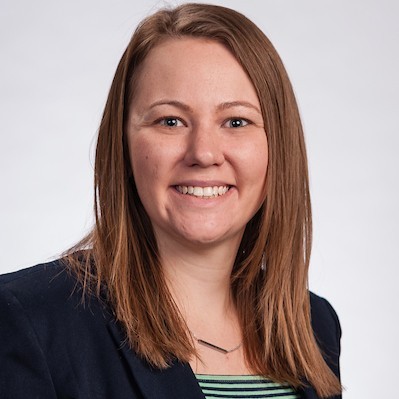
Angela Miller, MA
Program Evaluation Analytical LeadAngela Miller is the Senior Data Analyst at the Center for Aging and Serious Illness, where she serves as Analytical Co-Lead of the CASI Data Core. In her role she provides programming, analytical, and statistical support for projects. Angela completed her bachelors in economics from the University of Michigan and a masters in health economics from Eastern Michigan University. Prior to joining CASI and the Continuum Project, her previous work focused on evaluating Population Health Management programs for insurers and health systems. Her work with the Continuum Project focuses on program evaluation including database creation, metric development, and analytical reporting.
Michaela Rowland, NP
Nursing Education & Training Lead View Bio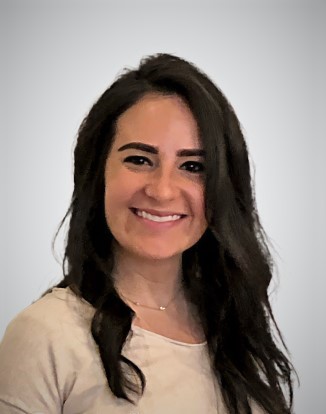
Michaela Rowland, NP
Nursing Education & Training LeadMichaela Rowland is a palliative care nurse practitioner with experience and training in oncology. In her role as the Nursing Education and Training Lead for the Continuum Project, she has a special interest in the integration of palliative care principles to nursing care for patients and families facing oncology diagnoses and serious illness.
Matt Russell, MD
Primary Care Lead View Bio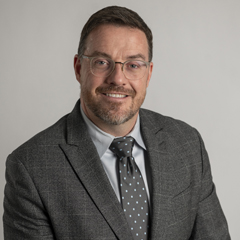
Matt Russell, MD
Primary Care LeadDr. Russell is a Geriatrics and Palliative Care Clinician with expertise and training in relationship centered communication (RCC) through the Academy on Communication in Healthcare, of which he is a faculty member. In addition to leading the implementation of the Serious Illness Care Program in Primary Care, he also serves as the Clinical Director of Geriatrics and the Medical Director of Ambulatory Geriatrics at MGH.
Jaclyn Shameklis, MD
Curriculum Design & Education Co-Lead View Bio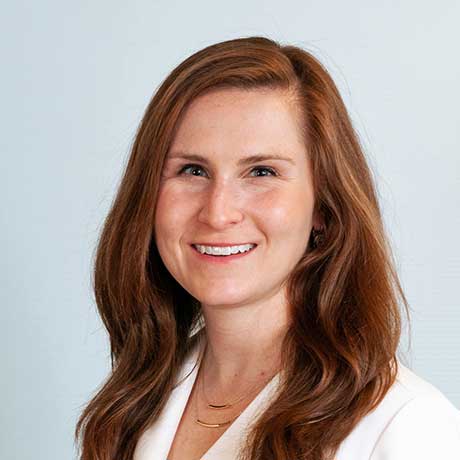
Jaclyn Shameklis, MD
Curriculum Design & Education Co-LeadJaclyn Shameklis, MD received her undergraduate degree from Dartmouth College and her medical degree from the Geisel School of Medicine at Dartmouth in Hanover, NH. She completed her internal medicine residency at Brown University in Providence, RI and stayed on for an additional year to work and teach as a Chief Resident. Following this, Dr. Shameklis began the Harvard Palliative Care Fellowship program and upon completion joined the MGB Palliative Care and Geriatric Medicine department as a palliative care attending in September 2020. Dr. Shameklis joined the Continuum Project in 2021 and is now working as a co-educational lead for the Serious Illness Conversation trainings.
Tingjia Shi, MS
Data Analyst View Bio
Tingjia Shi, MS
Data AnalystTingjia Shi is a Data Analyst at the Center for Aging and Serious Illness. She earned her Bachelor’s degree in Biological Science from University of Pittsburgh and a Master’s degree in Biostatistics from New York University. Her work in the Continuum Projects focuses on program evaluation including database creation, metric development, and analytical reporting.
Kelly Spinelli, BS
Project Manager View Bio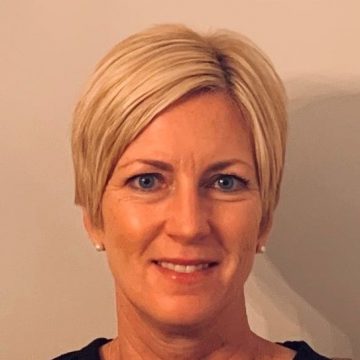
Kelly Spinelli, BS
Project ManagerKelly has many years of healthcare experience in project management, process improvement/quality improvement, workflow integration as well as implementing and supporting hospital information systems. She assists with the development, organization, facilitation and implementation of the Continuum Project.
Keri Sullivan, MPH
Project Manager View Bio
Keri Sullivan, MPH
Project ManagerKeri assists with the advancement of Continuum Project initiatives specifically related to program evaluation & data as well as patient engagement. She has experience working in multiple areas of healthcare, including patient services, clinical research, and administration. Keri has an interest in health equity and community health, which is a lens she brings to this project.
Scholars
2022-2023
Katelyn Beans, RN
NeurologyAmanda Drapcho, LCSW
Emergency MedicineElizabeth Grznarik, RN
Medical ICUHera Kamdar, MD
Neurology ICUJacqui Mullen, LICSW
Neurology ICUAbigail Scherrer, PA
HepatologyVictoria Sinyak, PA
Hospital Medicine2021-2022
Katy Black, MD
Pulmonary & Critical CareSusan (Pui) Cheung, MD
NephrologyKate Davidoff, MD
PediatricsCaitlyn Dowd, RN
PediatricsShelly Karparis, RN
NephrologyLauren Lapointe, LICSW
Emergency Department Social WorkDeborah Lee, MD
Geriatric MedicineCarolyn McDonald, RN
NeurologyBeth McIntyre, NP
NephrologyDanielle Saly, MD
NephrologyNina Tolkoff-Rubin, MD
NephrologyNneka N. Ufere, MD
Hepatology2019-2020
Annah Abrams, MD
Pediatric PsychiatryLauren Boal, MD
Pediatric Hematology-OncologyChristy Cauley, MD
SurgeryDavid D’Alessandro, MD
Cardiac SurgeryDavid Dudzinski, MD
Cardiac ICUJean Fahey, RN
NeurologyMichelle Gorski, RN
Cardiac ICUMasaya Higuchi, MD
GeriatricsDaniel Hoch, MD
NeurologyDalena Matthews, RN
Cardiac ICUDanielle Salgueiro, RN
Neurology ICUSara Stevens, NP
Oncology2018-2019
Katlyn Breton, NP
Primary CareErin Coglianese, MD
CardiologyMichael Flaherty, DO
Pediatric ICUSara Joyce, NP
OncologyNatasha Lever, NP
CardiologyJanet Murphy, MD
OncologyRhaea Photopoulos, NP
OncologyLydecke Sweet, MD
Primary CareKerstin Zanger, MD
Pediatrics2017-2018
Lillian Ananian, PhD, MSN, RN
Medical ICUBrooke Duggan, LICSW
GeriatricsAreej El-Jawahri, MD
OncologyKellyann Jeffries, NP
OncologyBrittany Kelly, NP
PediatricsChristine McCarthy, RN
Medical ICUSharda Mukunda, MD
GeriatricsKerry Reynolds, MD
OncologyEmily Rubin, MD
Medical ICUDarlene Sawicki, NP
NeurologyShannon Scott-Vernaglia, MD
PediatricsJeanne Vaughn, NP
Oncology2016-2017
Emily Aaronson, MD
Emergency MedicineJoyce Barkin, NP
Primary CareKim Cheevers, RN
Pediatric ICUBrad Dickerson, MD
NeurologyDiane Fingold, MD
Primary CareDenisa Gace, DO
Hospital MedicineJeff Greenwald, MD
Hospital MedicineTara Jennings, NP
OncologyCindy LaSala, CNS
Hospital MedicineAnnie Lee, MD
Primary CareAlison McDonough, MD
Primary CareMichele McHugh, NP
Primary CareMichael Nathan, MD
Primary CareElahna Paul, MD
Pediatric ICUMaria Rice, RN
Emergency MedicineJustine Romano, LICSW
Pediatric ICUKate Treadway, MD
Primary CarePhoebe Yager, MD
Pediatric ICUAdvisory Board
Engagement Advisory Committee
Dianne Austin
Director of Diversity, Inclusion & Engagement, Human ResourcesColleen Delaney
Director, Internal Communications, Publications and Operations, Public AffairsJohn B. Herman, MD
Associate Chief, PsychiatryMichelle M. L’Heureux, MD
Physician, Internal MedicineVirginia Manzella
Senior Administrative Director, Primary CareCarol Michael
Patient/Family RepresentativeEllen Robinson, RN, PhD
Nursing, Institute for Patient Care; Clinical Nurse SpecialistCarrie Stamos
Patient/Family RepresentativeSlavin Taskforce
Peter Slavin, MD
MGH PresidentKatrina Armstrong, MD
Chief of Service, Physician-in-Chief, MedicineShea Asfaw
Chief of Staff, MGHEd Bajwa, MD, MPH
Physician, Pulmonary and Critical Care UnitDebjani Banerji, MHA
Administrative Director, Division of Palliative Care & Geriatric MedicineDavid Brown, MD
Chief, Department of Emergency MedicineDebra Burke, RN, DNP, MBA, NEA-BC
Senior Vice President, Patient Care; Chief NurseSusan Edgman-Levitan, PA
Executive Director, Stoeckle Center for Primary Care InnovationJeanette Ives Erickson, RN, DNP
Chief Nurse Emerita, NursingTim Ferris, MD
Chief Executive Office, MGHTheresa Gallivan, RN
Associate Chief Nurse, NursingMarie Elena Gioiella
Director, Social Service DepartmentPeter Greenspan, MD
Vice Chair; Medical Director, MassGeneral Hospital for ChildrenVicki Jackson, MD
Chief, Palliative Care DivisionKeith Lillemoe, MD
Surgeon-in-Chief and Chief, Department of SurgeryJesse MacKinnon, RN
Nurse, Patient Care UnitsJosh Metlay, MD, PhD
Chief, Division of General Internal MedicineCarol Michael
Patient/Family RepresentativeCathy Minehan
MGH Board of TrusteesBritain Nicholson, MD
Senior Vice President, DevelopmentPat O’Malley, MD
Director, Pediatric Palliative CareRev. John Polk
ChaplaincyKimberly Parks, MD
Cardiologist, Cardiology DivisionAnn Prestipino, MPH
Senior Vice President; Surgery, Anesthesia, Emergency Medicine and Clinical Business DevelopmentDavid Ryan, MD
Chief, Hematology/Oncology UnitEllen Robinson, RN, PhD
Nursing, Institute for Patient Care; Clinical Nurse SpecialistJoan Sapir, EdM, MBA
Senior Vice President, AdministrationLee Schwamm, MD
Executive Vice Chair; Chief, Stroke ServicePeggy Slasman
Senior Vice President, Public AffairsJennifer Temel, MD
Clinical Director, Thoracic OncologyKatharine Treadway, MD
Physician, Internal MedicineTony Weiner, MD
Physician, PsychiatryContact Us
Please send us any questions or comments you may have by completing the contact form.
